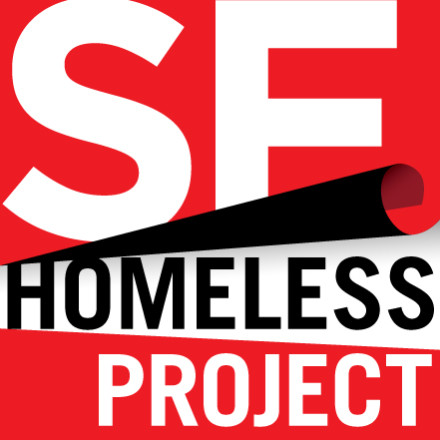

At the Board of Supervisors meeting following the June 12 massacre at the Pulse nightclub in Orlando, the worst mass shooting in our nation’s history, my colleagues and I read the names of the victims aloud one by one. Twenty-seven years old. Thirty-four years old. Eighteen years old. Each name uttered in the Chamber was heavy with a story of a recent graduation, a new job opportunity, or the promise of some other exciting life milestone that would now never be realized.
We can’t bring back the 49 lives that were taken from their families and loved ones, but San Francisco can pledge its commitment to doing everything possible to strip the gun industry of its seemingly omnipotent influence. San Francisco Retirement Board member Victor Makras introduced a firearms-divestment resolution at a 2013 Retirement Board meeting following the Sandy Hook massacre and on the heels of several other large California public pension fund divestments. But shockingly, here in San Francisco there has been a lack of political will to act on the Makras resolution, and we still hold over $1 million in three gun and ammunition manufacturing companies. As San Francisco Chronicle/SFGate’s Kathleen Pender reported recently, it’s a tiny fraction of the fund’s $20 billion portfolio, but clearly important to someone.
My colleague Supervisor Mark Farrell has introduced a resolution similar to the 2013 Makras one, and I will be supporting it whole-heartedly. I want to commend him for his action — it’s really the least this city can do.
In the meantime, I know our LGBTQ community will continue to celebrate its rich legacy of love and struggle in the cultural hubs, entertainment venues, and legacy businesses of San Francisco, because that is also a way to fight back and honor the memory of Orlando. Be out, be visible, and be united in love.
SAN FRANCISCO MUST INVEST IN HOUSING FIRST
Kudos to the Marina Times for tackling the issue of homelessness via an all-media project sponsored by the San Francisco Chronicle.
A recent Chronicle exposé on homelessness by Heather Knight countered many stubborn myths about homelessness, including its cause and demographics. Our most recent homeless count, for example, revealed that 71 percent of the homeless population surveyed lived in San Francisco at the time they became homeless, with job loss and eviction cited as the top two causes. That is a staggering number that underscores the need to prioritize tenant protections and housing preservation, as well as housing creation.
Nationwide, “Housing First” studies have confirmed that prioritizing housing before all else is the single most effective thing that a city can do to address homelessness — or in the case of Salt Lake City, Utah, virtually end it. That means creating permanently affordable exit housing from our shelter system that provides a stable living environment and launchpad from which residents can address the other destabilizing issues in their lives. In other words, we can build all the navigation centers we want, but without someplace to navigate to, folks will continue to end up back on our streets. While it’s expensive initially, a housing-first strategy can be cost-effective in the long run when targeted correctly.
We should be prioritizing a significant investment in this year’s city budget with respect to exit housing and rental subsidies for low-income residents. By the time you read this, the budget will be finalized, and San Franciscans will know whether their respective supervisor supported backfilling state and federal cuts and investing in supportive housing creation.
The rest of our work lies with legislating tools to preserve and incentivize housing. I’m fighting to keep people in their homes as well as maintain affordable housing stock for renters by strengthening enforcement of illegal conversions and local planning controls. Whether you are Airbnb, the Academy of Art, or a private SRO hotel owner looking to displace existing tenants for more lucrative tourist rentals, the city has turned a blind eye to illegal and unscrupulous activities for far too long with a great cost to our rent-controlled housing stock and residents. I believe that is changing, though. The board recently unanimously voted to approve homesharing/hosting platform enforcement legislation that I co-sponsored with Supervisor David Campos, over tremendous opposition from Airbnb.
I am also forging a citywide compromise with respect to accessory dwelling units (ADUs) because — if done right — we can literally add thousands of rent-controlled units to the market within the next few years. We must also continue to push for limited city-owned surplus property to be prioritized for affordable housing.
Finally, I want to take this post-June primary opportunity to thank you, the voters, for overwhelmingly passing Proposition C, the charter amendment I authored with Supervisor Kim, to more than double the amount of affordable housing developers are required to build in new construction. You have demonstrated your commitment to housing first; it’s time for your local government to do the same.
Have a great summer and see you around the neighborhood.





